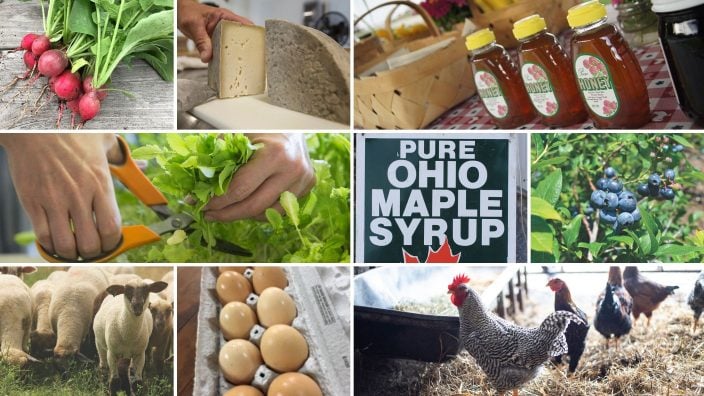Farmer’s Guide to Trucking Regulations available to Ohio Farm Bureau members
The guide includes a farm driver checklist, overview of state and federal regulations and exemptions, CDL qualifications and more.
Read More
“No farms, no food.”
“Without a farmer, you would starve.”
“Without a farmer, you’d be hungry, sober and naked.”
The slogans go on and on. I won’t lie, I smile every time I hear one of them or see them on someone’s bumper or back window. Farmers are my people, my tribe, and well, my job, too. I’m an advocate for our farmers, just like many others out there.
Although I’m involved in the industry, it’s easy to take for granted that food is available. It’s easy to forget that getting food to our tables is a process filled with many steps and many different production aspects. So I can only imagine how baffling this must be to those not involved in food and agriculture: the empty shelves, limited menus and recently the news filled with produce being destroyed, milk being dumped and farmers having to consider depopulating their herds.
I had prepared myself to simplify the processes to try to explain in this article what we are facing, and then I came across a Facebook post published by Kate Lambert of Uptown Farms, in Laclede, Missouri. She gave me permission to share her explanation with you all:
“Livestock piling up. Meat counters emptying…
“Have you ever had your washer break down? It’s a real pain and can cause a real issue around the house. Finding someone to fix it is tough — skilled labor is hard to come by.
“While you’re waiting, the laundry doesn’t stop coming. Everyone in the house keeps sending more your way.
“Meanwhile, with huge piles of clothes stacking up on one side, clean clothes are becoming pretty scarce. Everyone in the house is wearing their jeans multiple times and getting nervous as they watch their underwear drawer slowly empty out.
“This is what’s happening in our meat industry right now. Instead of washers and laundry, it’s packing plants and livestock.
“Many packing plants have been forced to shut down or run at lowered capacity because of COVID-19 outbreaks and sick employees. Enough that it has created a massive backup on one side.
“Producers are doing all sorts of things to try and slow down animals getting ready and hold animals over longer. But the entire system — a system built to bring the fresh meat the consumer expects — was made to keep moving. And right now there is a massive roadblock.
“We could talk for days about IF the process should work this way. And we should definitely have that conversation soon. But right now, this is the system we have, and the system we have to work with to get through.
“Animals are lining up on one side while processed meat is becoming scarce on the other. You can understand how this leads to a devaluing of live animals for farmers, while at the same time consumers see increased prices at the store for meat.
“President Donald Trump has ordered the plants open, but there are still major hurdles to work through to make that happen.
“In the meantime, you might see and hear some scary things. You might see temporary shortages in the store. You might hear about animals being euthanized. You might even see proof of this on social media. (I’m sorry if you have to see that. It’s not easy for farmers either.)”
Here’s what I have faith in:
1. Our livestock farmers are doing everything in their power to handle this situation as best they can. They are the very best at animal welfare and husbandry, and those values will guide them. There is no rule book for this.
2. The processors and the government have recognized the problem and are moving to get it corrected. Whether you agree with the current system or not, it’s the system we have right now.
3. Food — safe, quality food — will get to the store.
In the meantime, panic and hoarding will not help. What will? Find a farmer to buy from. This isn’t possible for a vast majority of urban and suburban families, but if you can, take advantage of that now. This isn’t about fearing grocery store food (we are actually the farmers who raise some of that). It’s about alternative supply routes.
Pray for our farmers who are hurting and struggling. Farmers raise animals to feed people — not to be discarded like waste. The emotional toll of this is real.
Pray for the people who have to work to keep the packing plants open; for the truck drivers, the grocery store employees; for our leaders, our government employees and anyone making decisions. It takes thousands of people to keep our food supply accessible, safe and affordable.
Finally, take a few minutes to respect the complexity of the situation and refrain from offering judgment that is unfounded. Kate can be reached by email.
It’s so important that we all do more to learn about how our food gets from farm to table. It’s not simple. I’m not sure it can ever be simple because we have an amazing array of foods to choose from, but I hope that if one good thing comes from all of this, we all realize the importance of growing our own food, teaching our children to grow their own food and that buying fresh and buying local is so incredibly important to our local communities. We are all in this together.
Not sure where to go for local foods? Download the Buying Local Directory at our website or email us.
Submitted by Mandy Orahood, an organization director for the Ohio Farm Bureau Federation, serving Ashtabula, Geauga, Lake and Trumbull Counties.
OFBF Mission: Working together for Ohio farmers to advance agriculture and strengthen our communities.


The guide includes a farm driver checklist, overview of state and federal regulations and exemptions, CDL qualifications and more.
Read More
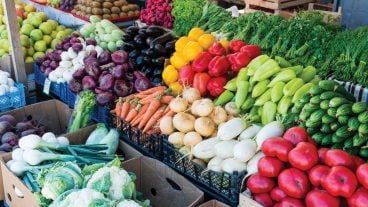
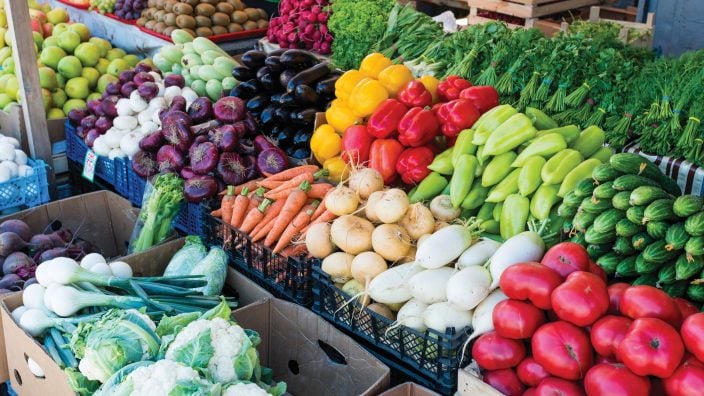
The Small-Scale Food Business Guide covers federal and state regulations for selling food products such as raw meat, dairy, eggs, baked goods, cottage foods, fruits and vegetables, honey and more.
Read More

ODA will enroll 500,000 acres into the program for a two-week sign-up period, beginning April 22, 2024, through May 6, 2024. Contact local SWCD offices to apply.
Read More

Katie Share of Columbus has been named ExploreAg and Youth Development Specialist for Ohio Farm Bureau.
Read More

Mary Klopfenstein of Delphos has been named Young Ag Professional and Ag Literacy Program Specialist for Ohio Farm Bureau.
Read More

The plan has been updated to give sole proprietors access to more rate stability and a smart solution that offers potential savings on health care.
Read More

The American Farm Bureau Federation, in partnership with Farm Credit, is seeking entrepreneurs to apply online by June 15 for the 2025 Farm Bureau Ag Innovation Challenge.
Read More

Adele Flynn of Wellington has been elected treasurer of the Ohio Farm Bureau Federation and now holds the third highest elected office in Ohio’s largest and most influential farm organization.
Read More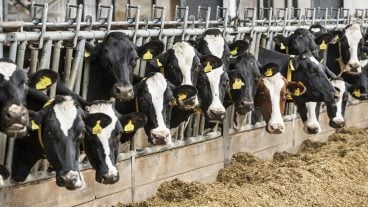
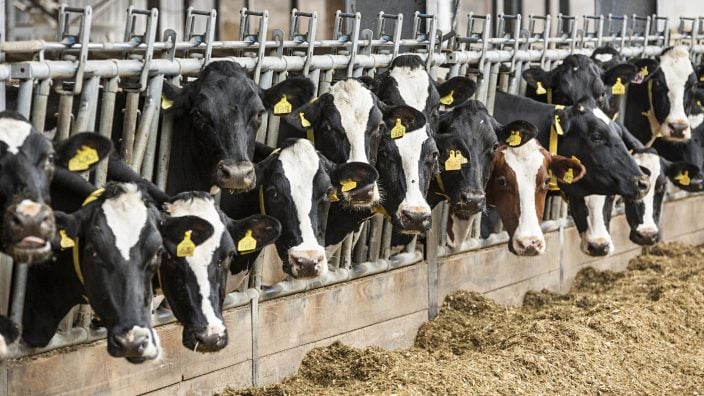
Producers are urged to work with their veterinarian to practice enhanced biosecurity measures and review and limit cattle movements within production systems.
Read More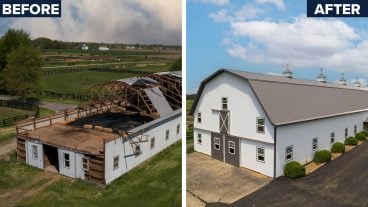
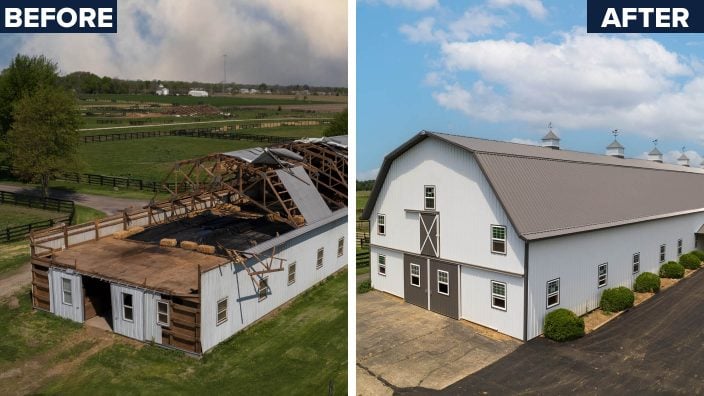
The changing seasons bring with them the need to thoroughly inspect pole barns for any damages that may have occurred during the winter months.
Read More